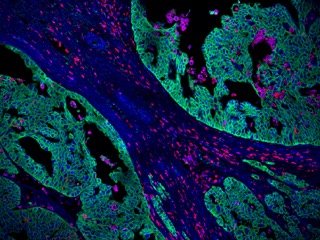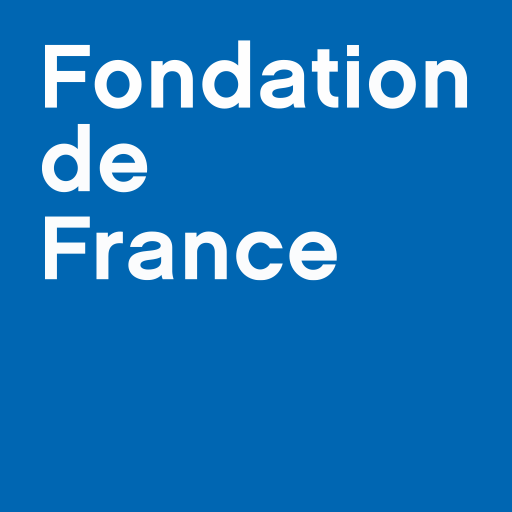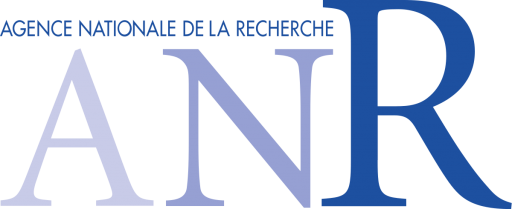


Despite continuous advancement in cancer research, solid tumors remain only curable when localized and through surgery. Metastases are the primary cause of cancer mortality and no systemic therapy is able to eradicate them. This bleak picture can be attributed to intratumoral heterogeneity of cancer lesions, harbouring various sub-populations of cancer cells. Currently available therapies are not tailored for such diversity and thus they inevitably select the most resistant and aggressive cancer cells. One of the most important features of these cells is their capacity to collaborate with host tissue (stroma) in order to obtain key resources. The stroma consists primarily of fibroblast, endothelial cells as well as macrophages and immune cells. Among these various components, fibroblasts in particular (or better known as cancer associated fibroblasts (CAF)) are a well-known source for many growth factors, extra-cellular matrix proteins, immune suppressors and energy substrates. Nevertheless, this pro-tumorigenic CAF activity does not emerge per default. Stromal fibroblasts are initially anti-tumorigenic and the inability of malignant cells to properly co-opt and activate them results in tumor failure. Strong evidence suggests that this anti-tumor CAF function is also preserved in advanced tumors. However, once cancer cells successfully educate CAF, they co-evolve and contribute to the resistance to anti-cancer therapies. The mechanism used by aggressive cancer cells to overcome the initial resistance of fibroblasts and ultimately educate them into supporting, cancer-associated, fibroblast (CAF) remains yet to be understood.

| Team Leader : Andreï Turtoi Institut de Recherche en |
|
| Tél. 33 (0)4 67 61 37 46 Fax 33 (0)4 67 61 37 87 andrei.turtoi@inserm.fr |





